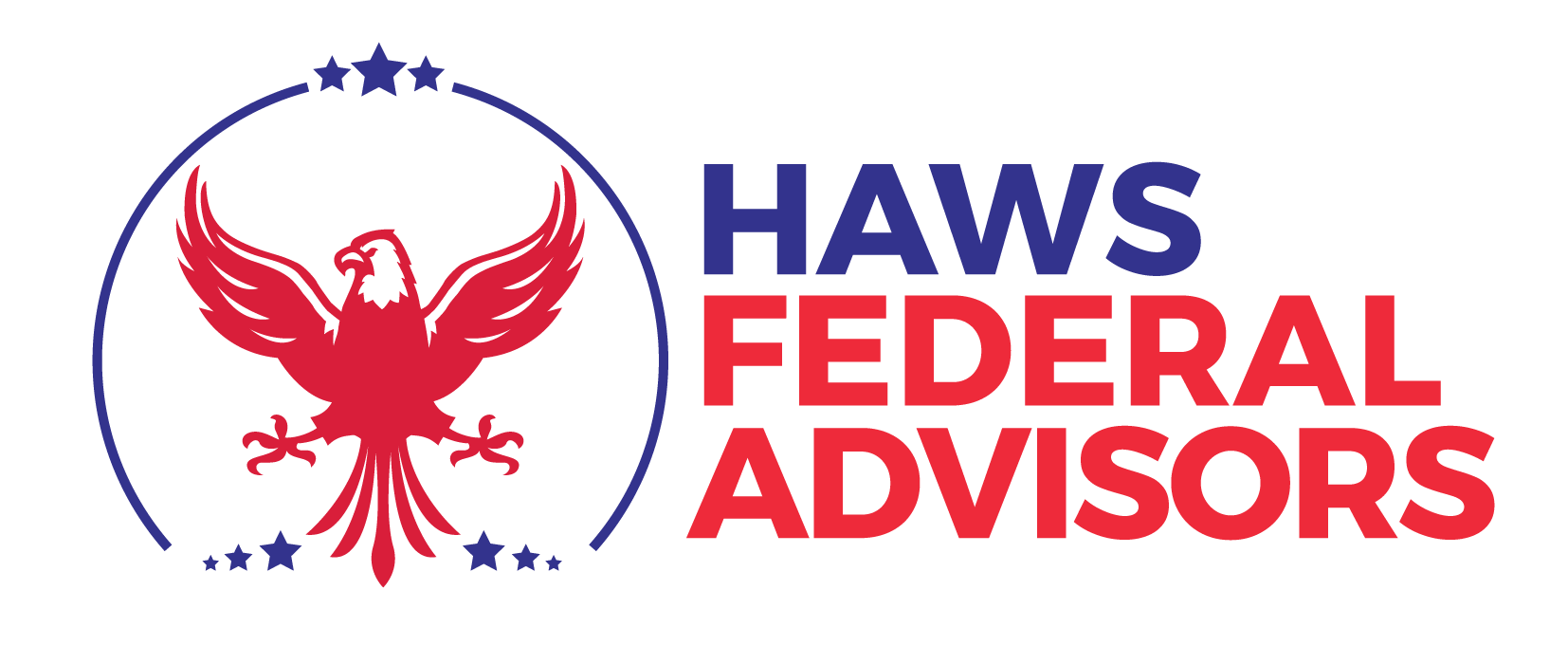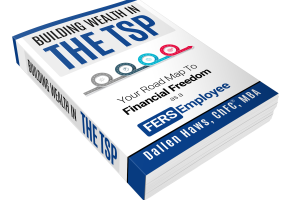Having federal retirement benefits does not guarantee that you’ll have an amazing retirement.
But it does give you an advantage that private sector employees don’t have.
Long story short, you are probably doing better than you thought.
The Big Two
A federal job comes with lots of perks but there are two big ones that I’ll focus on today.
Your FEHB (health insurance) and your Pension.
FEHB
Federal health insurance is a big deal!
Your agency funds about 70% of your premiums so if you pay $300/month then that means it would cost you about $1,000/month to get that same policy by yourself.
And they continue to pay 70% of the premiums even into your retirement.
Having access to great health insurance in retirement is one of the reasons that federal employees can retire earlier than their private sector counterparts.
It is very hard for a private sector employee to retire at 57, or any age before age 65 (Medicare age), because most companies don’t pay for health insurance once you retire.
So having FEHB has direct monetary benefits like having smaller health insurance premiums but also some unquantifiable benefits like being able to retire sooner.
FERS Pension
How much is your FERS pension actually worth? Is it that big of a deal?
Let’s do some math to find out.
Let’s say your pension is $30,000/year. That means that you will get $30,000/year for the rest of your life plus the amount will go up every year with inflation.
How much money would it take to replicate that?
Using the 4% rule, this is how the math works out.
$30,000 / 4% = $750,000
In other words, it would take $750,000 of extra retirement investments to be able to produce a reliable $30,000/year income stream that adjusts with inflation for the rest of your life.
So if you (with a pension) and your private sector friend (without a pension) both have $500,000 saved in your TSP/401k then you’d actually be way ahead of them.
They’d only have 500k but your pension makes it as if you had a total of $1,250,000 ($500,00 TSP plus $750,000 value of pension)!
But Are You Actually Ahead?
But in real life, are federal employees getting ahead of their private sector counterparts?
The numbers certainly seem to show that.
According to a How America Saves 2023 report, the average 401k had a balance of $112,572 in 2022. The average TSP balance for all ages (as of Sep 2023) was $161,067.
So on top of a large TSP balance federal employees also enjoy a pension.
But you’re not out of the woods yet.
Average Sucks
On average, it seems clear that federal employees are better off than their private sector buddies.
But almost no one I talk to actually wants to be average.
Afterall, the follow stats are all true about average Americans:
- 57 percent of Americans don’t have enough savings to cover a $1,000 emergency.
- 35 percent of U.S. households have credit card debt.
- 32 percent of working-age American adults have $0 saved for retirement.
Summary: Average sucks. So let’s not use that as our bar.
Next Steps
Federal employees have a great benefits package that can lay the foundation for a great retirement.
And while you have it better than the average American it doesn’t mean that you will sail smoothly into retirement without any effort.
Great retirements take work, effort, and a lot of planning and no one is going to do it for you.
At the end of the day no one is going to care about your life like you do.
Put in the effort now so that you can have a great retirement for the rest of your life.


